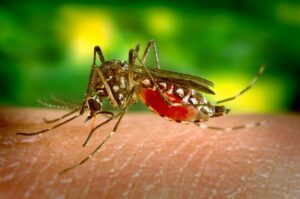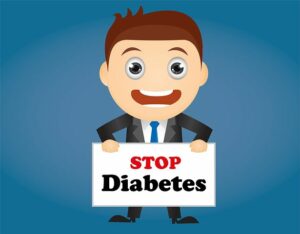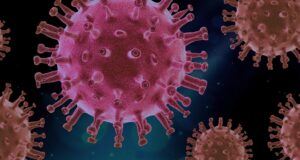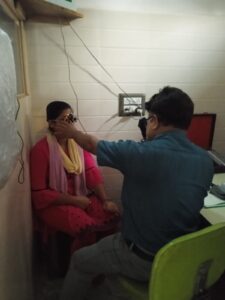What do we learn from Chinmay Ghosh’s family? The Significance of Organ Donation in Saving Precious Lives!!
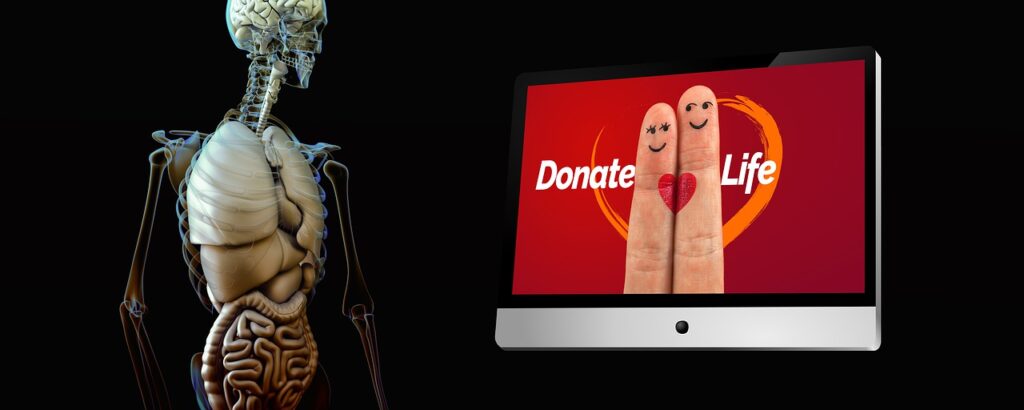
Subhra Adhikari, Neucrad Health News Desk, August 2, 2019
Chinmay Ghosh, a 35-year-old assistant at a medical clinic in Memari, East Burdwan district of West Bengal, was preparing to return his house after completing his days’ work on July 10, 2019. In that night, he met with a tragic accident while driving his scooter. Chinmay sustained a complicated head injury and was immediately rushed to Burdwan Medical College. However, as his conditions began to deteriorate, he was further transferred to Park Clinic in Kolkata. After a few days of treatment at the reputed medical institute in Kolkata, doctors declared him brain dead. In such a situation, his close family members decided to donate his organs to terminally ill patients so that they get a ray of hope with Chinmay’s
body parts. Surgeons at Park Clinic immediately started the process of organ harvesting, so that maximum patients can get the benefit of this opportunity.
How did the doctors retrieve and transplanted Chinmay’s vital organs?
Doctors at Park Clinic decided to harvest Chinmay’s heart, liver, and both the kidneys. Surajit Patra, a 26-year old zari worker from Dankuni, receiving treatment for dilated cardiomyopathy at the Calcutta Medical College and Hospital received Chinmay’s heart. For the last eight years, he was suffering from a cardiac ailment and was unable to breathe properly for his medical condition.
Surgeons transplanted the donor’s liver to Bidhan Adhikary, a 52-year-old resident of Gopalnagar, in Bangaon who was suffering from cirrhosis of the liver and receiving treatment at Seth Sukhlal Karnani Memorial or (SSKM) Hospital. One of his kidneys also got transplanted to a 19-year-old woman from Momimpur at the same hospital. Medical workers transferred his another kidney to Apollo Gleneagles Hospital, where a 56-year old recipient was waiting for the transplantation. Police established a green corridor so that the organs would take minimum time for the transfer between Park Clinic and the sites of transplantation surgery. Chinmay’s eye cornea was transferred to Disha Eye Hospital.
What is Organ Donation?
Sometimes patients develop complicated health issues at their heart, lungs, liver, kidney, or cornea, which cannot be corrected by any medical procedure or medication. In such a scenario, organ donation is the only method of offering those individuals a second lease of life. In this procedure, surgeons remove the organs from the donor’s body and transplant it to the recipient’s body. The donors can either be living or brain dead. If they are in a brain dead condition, their close kin provides the consent for organ removal and harvesting. Common organs retrieved for transplantation, includes heart, lungs, liver, kidney, pancreas, intestine, bone marrow, eye cornea, and skin. In most cases, these organs are immediately transplanted in a recipient’s body. However, in some cases, they are also harvested and stored for research work.
As of 2017, Spain topped the list of donor rate in the globe at 46.9 per million people. Portugal, Belgium, and Croatia closely followed it at 34.0 per million, 33.6 per million, 33.0 per million. Till February 2, 2019, research analysts have registered that there are 120,000 individuals across the globe awaiting life-saving organ transplantations.
Who can be an Organ Donor?
Any adult above the age of 18 can express their desire to be an organ donor. There is no upper age limitation for this procedure. In the United States, several new-born babies and senior citizens have acted as organ
donors. However, if you have any medical condition, a medical team will first assess the health condition of the individual before harvesting their organs.
The world requires more and more individuals coming forward for this noble cause so that some ailing patients get a second chance to live a
healthy life. So, do not hesitate and register for organ donation today.


